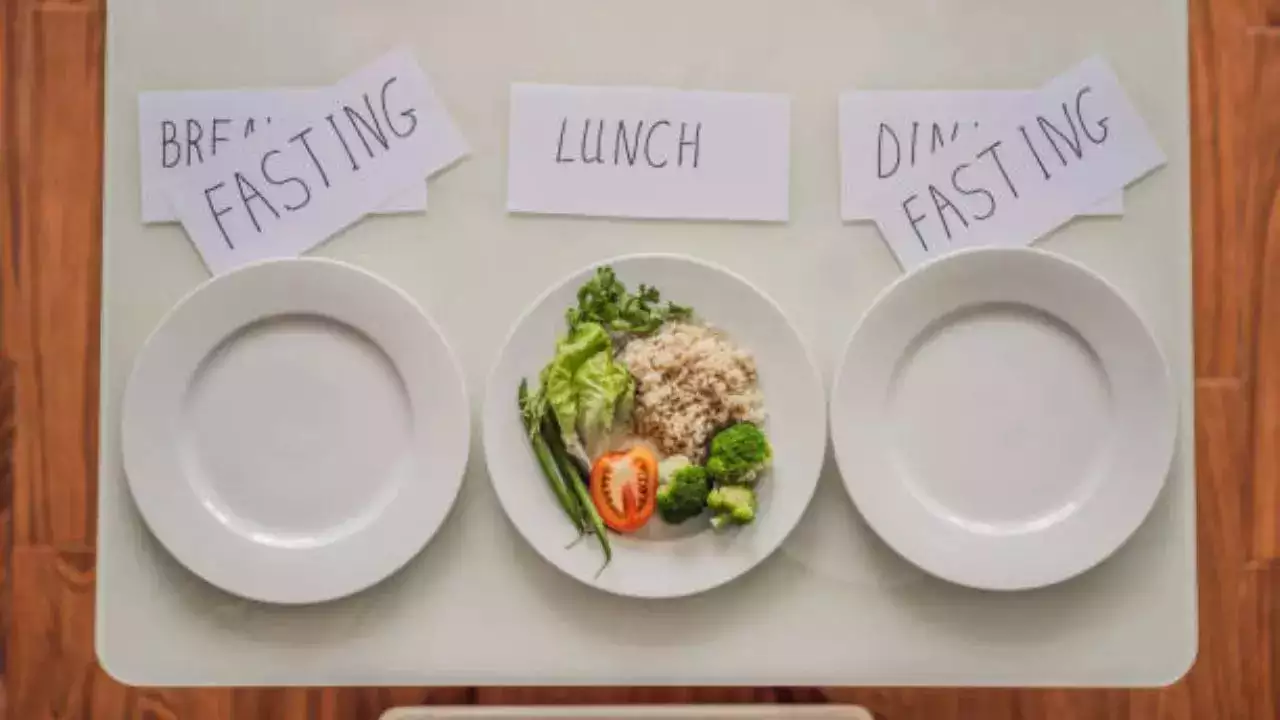
While skipping either breakfast or dinner would mean you can give rest to your body, the effects vary in individuals
Fasting is increasingly becoming a popular and much-followed trend, especially among young people, to not just manage their weight but also boost overall health and well-being. There are various fasting schedules you can follow and skip certain meals according to your choice to influence your body in different ways.
The most popular methods are either skipping breakfast—the first meal of the day—or dinner—the last meal that you eat. While both of these mean that you can give your body some rest by not eating for a certain time period, the effects may vary in individuals.
What happens when you skip breakfast?
There’s a popular saying that breakfast is the most important meal of the day. It is also perceived as healthy, even more important than other meals, as the timing of what you eat can make a lot of difference to your body.
While many people claim that not eating breakfast can help with a more efficient start to your day, research shows that breakfast eaters are healthier—less likely to be overweight or obese—and have a lower risk of several chronic diseases. And for this reason, experts claim that breakfast is good for you.
According to experts, those who eat breakfast have healthier lifestyle habits as they tend to eat a nutritious diet—incorporating more fibre and micronutrients—and are also regular with their diet and exercise.
Skipping breakfast does not boost metabolism
However, as claimed by many, breakfast does not boost your metabolism. Experts say the only thing that matters for metabolism is the total amount of food consumed throughout the day. It makes no difference at which times or how often you eat.
Not eating breakfast has health benefits
Skipping breakfast is a common part of many intermittent fasting methods, which effectively reduce calorie intake, increase weight loss, and also improve metabolic health.
What happens when you skip dinner?
Dinner is not just a daily meal but also provides your body with the nutrition it needs to thrive before you go to sleep, which for most people is the longest stretch in 24 hours they go without food. It is also a way to connect with your family and loved ones, as it can help improve academic performance and nutrition and decrease obesity in children.
According to experts, skipping dinner can have a negative impact on your overall health, leading to a higher mortality risk and an increased risk of heart disease. Not eating your dinner also causes big fluctuations in blood sugar, leaving you shaky or lacking energy. For those with diabetes, episodes of high or low blood sugar brought on by skipping can be dangerous.
Experts say many times if you skip dinner, you feel hungry later at night and binge eat unhealthy foods, which further leads to increased hunger and decreased leptin—a hormone that signals fullness and may raise your risk for obesity.
Can not eating dinner lead to weight loss?
Doctors say eliminating a mealtime is like a shortcut to dropping a few kilos but in the end, it is all about calorie deficit and how much you can burn.
Over time, though, skipping dinner is not a good strategy for weight loss. Studies say passing up it can make you more vulnerable to developing an eating disorder.
Get Latest News Live on Times Now along with Breaking News and Top Headlines from Diet, Health and around the world.